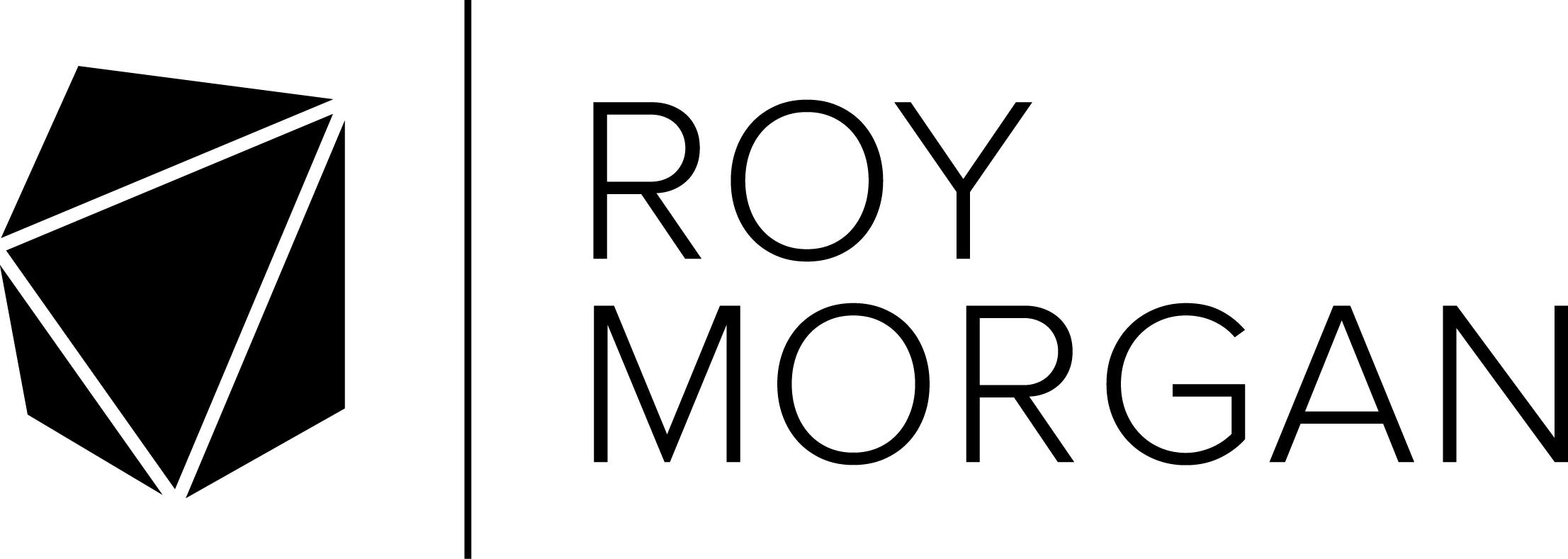Taking the Pulse of the Nation (TTPN) surveys the Australian population to capture their sentiments and behaviours related to current economic and social issues
Since 2020, the Taking the Pulse of the Nation (TTPN) survey has collected compelling information on the changing behaviours and attitudes of Australians. Together, Melbourne Institute and Roy Morgan understand the value in capturing the voices of Australians on the issues that matter right now. We use this information to create expert analyses to directly inform social and economic policies for our Nation.
This survey data is available subject to relevant fees and conditions. Please contact us for more information and access.
Australians continue to face budgetary constraints in housing, food, energy and healthcare
Despite better employment, Australians continue to face increasing costs, resulting in shortage of funding to cover basic needs such as food, housing, and health expenditures. Vulnerability has not decreased in the past six months. Treating eating enough, eating nutritious foods, ability to pay utility bills, and addressing health needs as four separate challenges that leads to financial vulnerability. 15 percent of the population reported one challenge and 34 percent of the population reported two or more of these challenges. Seeking help is strong in most cases. Finding ways to adequately address food insecurity, however, remains low.
Australians continue to struggle financially. There are a range of challenges Australians are facing with respect to meeting what we should treat as basic needs. The extent of issues associated with putting food on the table, addressing utility costs, and tending to medical needs is not negligible. We must understand and then address these challenges. Solutions to these challenges may involve providing better advice, increasing awareness of where to find help (especially with respect to food needs), and considering how we support a reduction of financial stress and the ability to avoid the challenge of not paying bills when one has a shortage of funds.
Levels of stress and shortages in covering costs are high
Over the past six months (August 2022 to February 2023), financial stress has increased slightly (Figure 1). Today, more than half (53 percent) of Australians report just making ends meet or worse. Among those aged 18 to 44, the share with some financial stress has increased to 60 percent. In terms of bill paying, half of all Australians and more than 90 percent of those financially stressed indicate that they have had one or more challenges in paying bills or putting food on the table in the past three months.1 Across the board more than half (and in some cases much more) of Australians have reported increases in housing costs, missing meals or eating less, eating less nutritious meals, not being able to pay utility bills, and skipping doctor appointments or not filling prescriptions.
Most will seek help, but few Australians seek food assistance
Most Australians sought some form of help with or without government financial assistance if they experienced a shortage of money (Figure 2). If we exclude seeking support from the government for financial payments, seeking help along other lines (eg food relief, grocery vouchers, counselling services, financial management advice) is high at close to 80 percent. Among those who experienced food challenges, approximately 26 percent are making use of services that provide food, meals and/or grocery vouchers; a relatively flat share compared to six months ago.2
Facing constraints and shortages varied most by family structure and age
We explore shortages and the source of these shortages along three dimensions: gender, family type and age. There are only slight differences in the levels and types of shortages by gender. In most cases men and women report similar experiences of hardships (Figure 3, by gender).
For Australians with no children at home, single persons are experiencing higher shortages than couples, especially with respect to food, utilities and medical care. This is true despite the share reporting increases in housing costs being similar for these two groups. Higher proportions of families with children at home are reporting increases in housing costs (relative to singles and couples). Single-parent households report much higher rates of food challenges than two-parent households as well as more challenges on core bills. For two-parent households, relative to couples, the shares reporting challenges for food and other costs are higher (Figure 3, by family type).
Across the age distribution, younger Australian adults universally report higher shares of cost and food challenges. The share of respondents reporting an increase in housing costs are highest for those aged 25 to 54 (greater than 50 percent of these respondents). This group also reports the highest levels of having difficulties paying utility bills. With respect to facing food challenges (not eating enough or reducing the level of nutritious or fresh food), the shares are highest for those 18 to 24, followed by those age 25 to 34. And of those aged 18 to 54, more than 30 percent have identified deferring or not seeing a doctor and/or not filling prescriptions (Figure 3, by age).
This Taking the Pulse of the Nation insight was authored by Professor A. Abigail Payne, Director of the Melbourne Institute: Applied Economic & Social Research and Ronald Henderson Professor, Dr Ferdi Botha, Senior Research Fellow at the Melbourne Institute and Dr Ana Gamarra Rondinel, Research Fellow at the Melbourne Institute.
1 As in previous reports, we define food insecurity as having skipped meals, eating less, or both skipped meals and eating less. These questions were asked in August 2022 and February 2023.
2 In February 2023, respondents were asked if they ate less fresh or nutritious food (fruit, vegetables, meat) than they thought they should. Questions related to the use of grocery vouchers were not asked in August 2022. Roughly 25% and 21% report the use of food banks or receiving meals in August 2022 and in February 2023, respectively.
*This report is based on a total of 2,072 respondents from data collected in August 2022 and February 2023. We thank OzHarvest for allowing the inclusion of additional questions in the February 2023 survey. Respondents are deemed to be in financial stress if they report feeling 'moderately' or 'very' financially stressed in terms of paying for essential goods and services such as bills, rents and mortgages. Respondents failed to pay utility bills (only asked in February 2023) if, during the past 6 months, they couldn't pay electricity and/or gas bills on time or were unable to heat and/or cool their home to a comfortable level. Respondents deferred seeing a doctor or getting prescriptions (only asked in February 2023) if, during the last 6 months, due to a shortage of money, there was a time when they reported at least one of the following: didn't see or was delayed seeing a GP or medical specialist, wasn't prescribed or was delayed getting prescribed medication. A respondent's housing costs increased if, during the last 3 months, they reported their mortgage payment or rent had increased. Respondents are deemed as having experienced a shortage of funds during the past 6 months if they reported at least one of the following: food insecurity, unable to eat fresh or nutritious food, failing to pay utility bills, deferred seeing a doctor or getting prescriptions, or being behind on housing payments. In February 2023, respondents were asked what support services they used if they experienced a shortage of money in the last 6 months. Respondents could choose between the following options (i) food relief, (ii) grocery vouchers, (iii) counselling services, (iv) financial management advice, (v) government financial payments, (vi), no use of any support services, (vii) did not know that support services existed.
**This research was supported (partially or fully) by the Australian Government through the Australian Research Council's Centre of Excellence for Children and Families over the Life Course (Project ID CE200100025).
***Beginning in April 2020, the Taking the Pulse of the Nation (TTPN) was conceptualised and implemented by a group of researchers at the Melbourne Institute: Applied Economic & Social Research. Each wave includes a set of core questions, as well as additional questions that address current and emerging issues facing Australians. The TTPN sample is stratified to reflect the Australian adult population in terms of age, gender, and location. In 2022, the Melbourne Institute and Roy Morgan formed a partnership to extend the running of the TTPN. The TTPN Survey uses a repeated cross-sectional design. If you are interested in adding questions to the survey or accessing the data, please contact us at: melb-inst@unimelb.edu.au.
© The University of Melbourne & Roy Morgan- Melbourne Institute: Applied Economic & Social Research, 2023. This work is copyright. The material may be reproduced and distributed for non-commercial purposes only, subject to the inclusion of an acknowledgement of the source(s).

